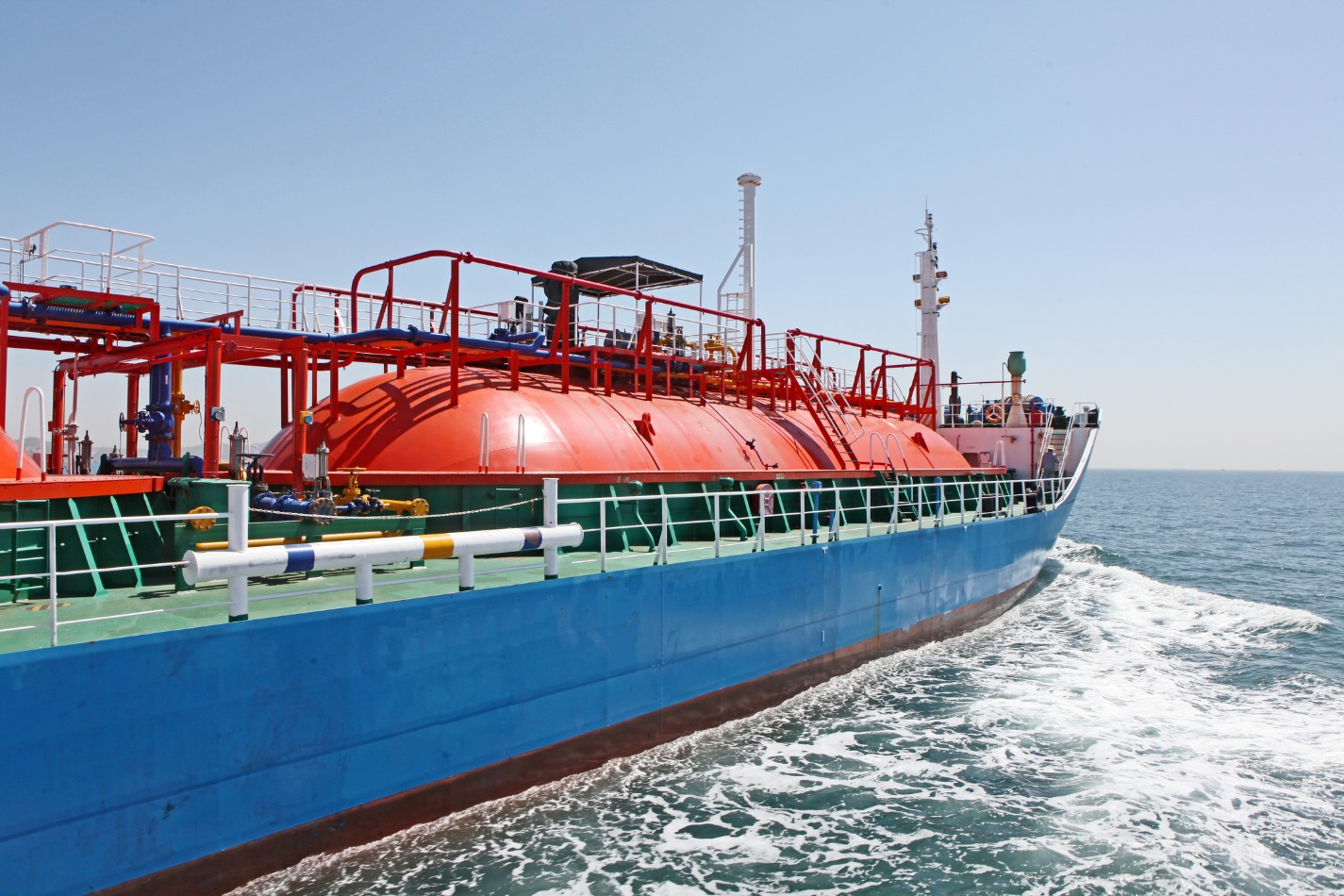War is devastating for the people - and very profitable for a wealthy few. As the world recoils in horror from Russia’s invasion of Ukraine and the humanitarian crisis it has caused, the US fossil fuel industry sees nothing but opportunity. Just days after the invasion, the American Petroleum Institute asked the Biden administration to shortcut around critical public health, environmental, and worker protections to build a raft of liquefied natural gas (LNG) terminals on the Gulf Coast. Rather than alleviate Europe’s reliance on Russian gas, the industry is looking to achieve their long-standing goal to divert domestic production to more lucrative foreign markets, raising costs for Americans while doing virtually nothing to help the people of Ukraine or other European countries.
Europe recognizes that it must urgently disentangle itself from its dependence on Russian gas, which accounted for nearly 40 percent of Europe’s gas in 2021, imported in massive quantities through pipelines crossing Ukraine and Belarus. This addiction has caused massive price spikes as Russia cut back deliveries while preparing for war, and has made it difficult to impose sanctions on Russia’s fossil fuel exports. As a result, Europe finds itself funding Russia’s war chest through gas purchases worth over $700 million per day.
On March 8, the European Commission proposed a rapid response plan that would reduce Europe’s reliance on Russian gas by as much as two-thirds within a year.
At first, this will include some increased gas purchases from allies. But Europe also wants to quickly accelerate clean alternatives to gas, and at least half of Europe’s divestment from Russian gas this year could come from near-term investments in renewable energy and efficiency.
In fact, Europe sees diversifying gas supply as only a short-term fix. Its real goal is to quit gas altogether. Even before the invasion, Europe had already planned to reduce its consumption by about a quarter by 2030 and almost entirely by 2050 to meet its climate goals.
Now, Europe will accelerate its “Green Deal” investments to quickly ramp utility-scale renewable energy, deploy rooftop solar, increase energy efficiency and reduce peak demand – all measures that will increase resilience, mitigate the climate crisis, and cushion the European market from energy aggressors and international price volatility. As European Commission President Ursula von der Leyen explained, “We are doubling down on renewables. This will increase Europe’s strategic independence on energy.”
Notably, new large-scale investments in new LNG import capacity are not on the table. But the US gas industry seems oblivious to Europe’s desire to decouple itself from imported gas, instead using the crisis to drive its own agenda.
Since the advent of the fracking boom, oil and gas companies have been looking to LNG to create a global market for US gas. Today, there are already seven massive LNG terminals in operation in the US, pushing about 3.5 trillion cubic feet of gas overseas each year – more than is produced annually by the state of Louisiana. Two new ports are under construction, with the capacity to serve another 1.3 trillion cubic feet of gas annually – and investors are proposing another 20 ports, mostly in the Gulf Coast. The majority of these terminals will never be built, but more importantly, they are years away from actually being able to deliver gas. Even if permits were rubber-stamped and investors were willing to bet on decades of lucrative gas markets, these massive projects would still take three years or more to construct – meaning they would do nothing to alleviate Europe’s gas shortfall today.
Simply put, API’s press to accelerate American LNG terminals to buffer Europe’s gas supply is a false promise. Given Europe’s strong desire to exit Russian gas and deeply held climate commitments, a robust EU gas market is unlikely to persist over the long run. By the time most of these terminals are in operation, Europe will have already ended its dependence on Russian gas, and substantially ramped down its dependence on imported gas.
The reality is the gas industry has long coveted Asia as a lucrative emerging growth market for its products, and it is using the cover of the current crisis to achieve this goal. Bypassing critical environmental, public health and worker safety requirements will impose harsh costs on the communities–largely people of color– that will host these LNG terminals. It also has terrible climate implications, and will drive up energy costs here at home. API’s rank opportunism is meant to distract regulators, but has little bearing on the crisis facing Ukraine, or solving Europe’s reliance on imported gas.
Europe’s plan to disentangle itself from Russian gas by accelerating investments in clean energy, energy efficiency, and electrification should be strongly supported. As Admiral Dennis McGinn said recently, “It’s time to turn our strategic mission to securing a clean and secure energy future for ourselves, for our allies, and for the world.” Europe doesn't want or need another fossil fuel tether, and we don’t need to tie US energy markets to the whims of autocratic regimes. Europe has finally realized that its dependence on imported gas has driven Russia’s war machinery. Now, Americans should recognize war profiteering when it's staring them in the face.
